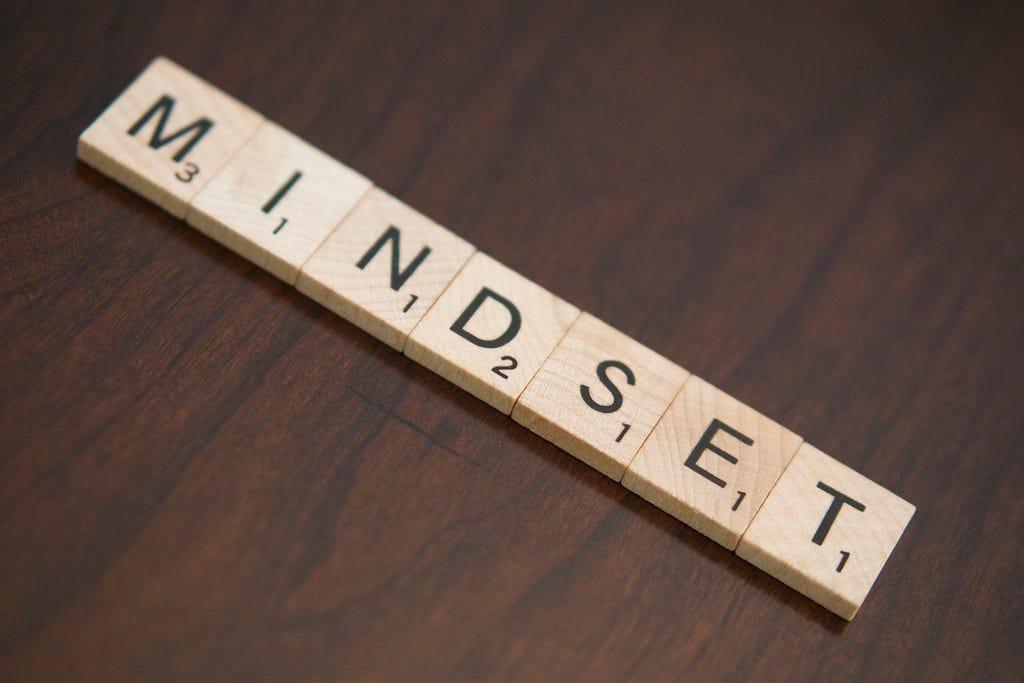The Conspiratorial Mindset
People who believe one conspiracy theory are more likely to believe many
"Mindset" by davis.steve32 is licensed under CC BY 2.0
If any of your friends share conspiracy theories on social media, you might have noticed something strange. Your friend might have started off looking into what really happened on 11th September 2001. This interest in air-born terror might suddenly have morphed into an obsession with chemtrails. Then, suddenly, your friend began posting Flat Earth conspiracy theories. These might then have given way to Q Anon narratives. And now all you see is COVID-19 denialism and anti-vaccine narratives.
On the face of it, all these conspiracies are quite different. The 9/11 speculation tries to move backwards from an event to its alleged cause; narratives about chemtrails involve looking at the sky and inventing strange stories about clouds; Flat Earth theories seem very silly to most non-believers; and stories about Donald Trump being the saviour of the universe are equally as odd; while COVID denialism once again move backwards from events to causes. At a deeper level, though, all the conspiracy theories share roughly the same structure:
Something has gone wrong with the world
The thing that has gone wrong is a secret
Shadowy elites are directly responsible for the bad thing
Mainstream media, science and medicine cover up the thing that has gone wrong
A handful of brave amateur researchers have discovered the truth
The people who have discovered the truth have been able to share it more or less freely on social media and YouTube
People who come to believe this truth are in some way better than the poor fools who believe the lies
Psychological research from Ted Goertzel and others shows that people who believe in at least one conspiracy theory are more likely to believe in other conspiracy theories. Goertzel calls this a “generalized tendency to believe in conspiracies.” Calling it the conspiratorial mindset would probably be a little catchier.
There has been plenty of research into why some people are more likely to become dogmatic believers in conspiracy theories. As often happens with studies of human beings, the answer is complex and involves many factors. However, one big theme that runs through the literature is compensatory control. People try to protect belief in a non-random universe by inventing conspiracies and superstitions. They then reinforce these by trying to find patterns in random data. Other consequences include a strong belief in the institutions of law and order; and belief in an interventionist God.
If the conspiratorial mindset is wired deep in your friend’s outlook, I would suggest that a little kindness goes a long way. Living in a random universe is scary! Starting fierce social media debates might be fun, but it will trigger cognitive dissonance in both of you. Instead, I would suggest that listening to your friend’s views with empathy and trying to turn the conversation towards methodology would be a better way of handling your disagreement. See you next week!
Sharpen Your Axe is a project to develop a community who want to think critically about the media, conspiracy theories and current affairs without getting conned by gurus selling fringe views. Please subscribe to get this content in your inbox every week. Shares on social media are appreciated! If this is the first post you have seen, I recommend starting with the critical-thinking rabbit hole.
[Updated on 10 March 2022] Opinions expressed on Substack and Twitter are those of Rupert Cocke as an individual and do not reflect the opinions or views of the organization where he works or its subsidiaries.



